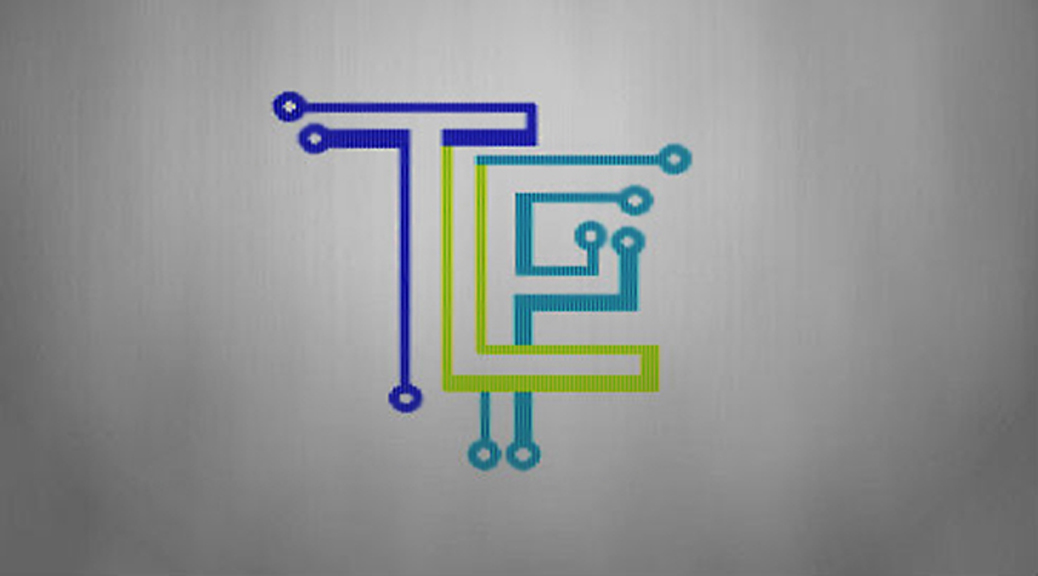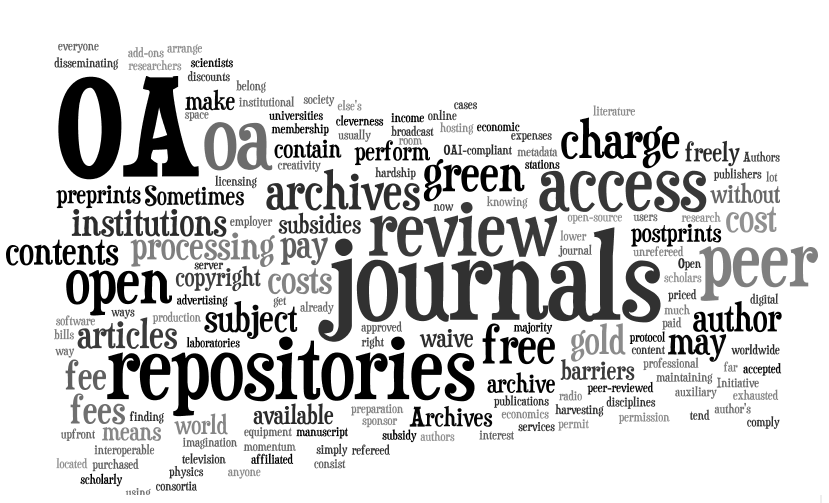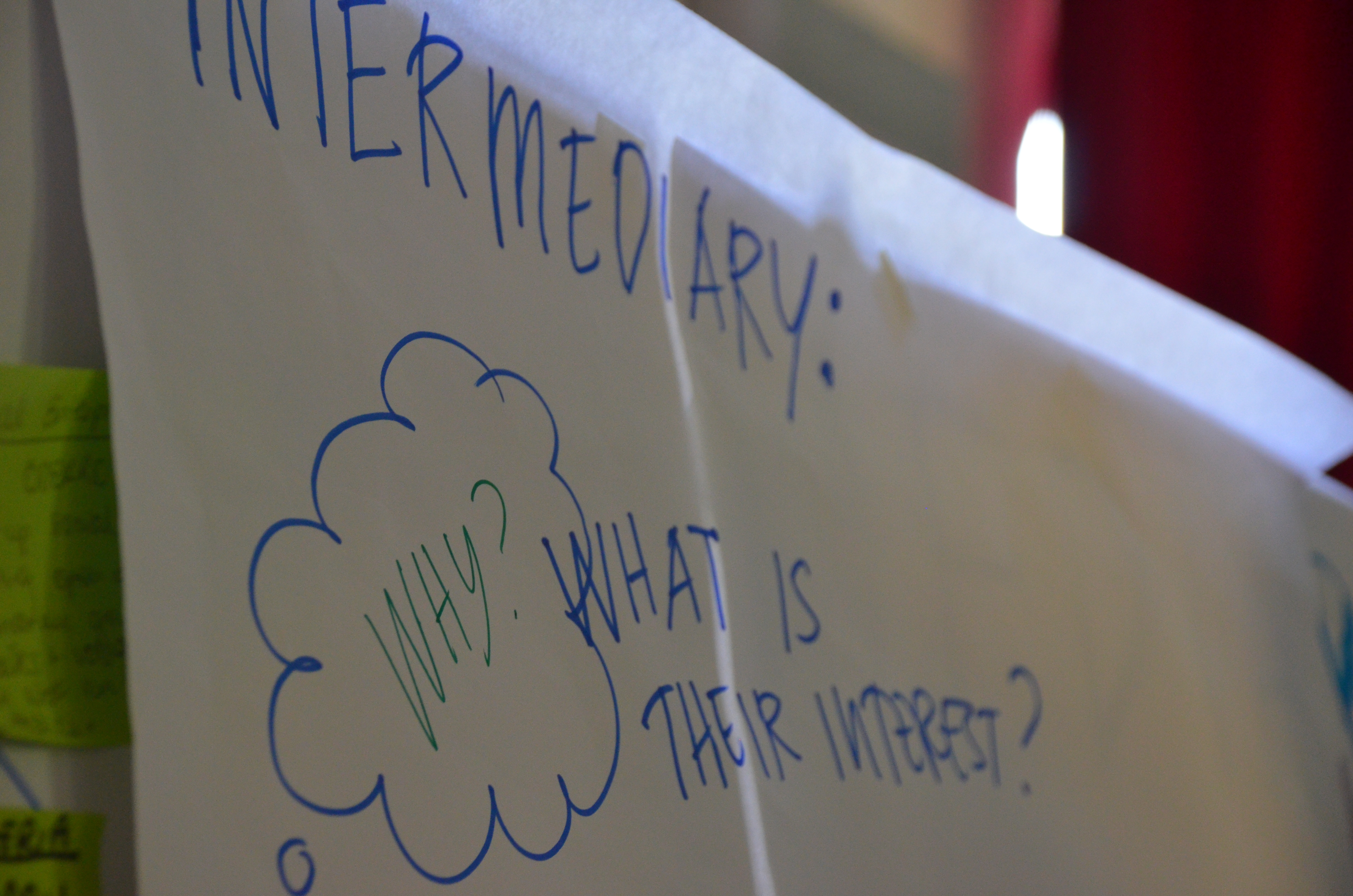1. Securing a future for Digital India, Arun Mohan Sukumar, The Hindu. 2. SC orders Google, Yahoo! And Microsoft to stop advertisements relating to sex determination, Apoorva Mandhani, LiveLaw. 3. Drone maker to add no-fly firmware to prevent future White House buzzing, Sean Gallagher, ARSTechnica. 4. The Pirate Bay is live once again, Selena Larson, DailyDot.
Supreme Court on Non-Discrimination in Call Networks – An Argument for Indian Network Neutrality
(Image Source: http://flipthemedia.com/2014/01/net-neutrality-rules-are-dead-for-now-why-should-students-care/) In an incredibly interesting judgement, the Supreme Court has on 30th January, in the case of Cellular Operators Association Of India & Ors. v. Telecom Regulatory Authority Of India & Ors., stated that providing different rates for calls to private Telecom Service Providers in comparison to those for calls to BSNL/MTNL violated of Article…
The Equations of Bots and the Law, Part I : Crimes and Torts
(Image Source: http://sites.psu.edu/periodicpostulations/2012/09/12/little-lost-robot/) One of the most interesting news items to come through the interwebs recently was the ‘seizure’ of a certain ‘art experiment’ in Switzerland. The bot, sadly unimaginatively named Random Darknet Shopper, lived up to its name by buying items randomly from Darknet marketplaces (with Bitcoins, interestingly) and shipping them to a gallery…
Editors' Picks (25/1/15)
1. The AI Revolution: The Road to Superintelligence, Tim Urban, Wait But Why. 2. Searching for Sex, Seth Stephens-Davidowitz, The New York Times. 3. How an Internet trolling victim bonded with her worst troll, Sam Machkovech, ARSTechnica. 4. Facebook’s impact on Indian economy pegged at $4 billion, Yuthika Bhargava, The Hindu. 5. China Cracks Down On VPN Services After Censorship System…
The Curious Case of Academic Journals
One of the prominent ways of ‘decorating’ our Curriculum Vitae (CV) is lacing it up with published research papers or articles in renowned academic journals. Not just students, but also teachers, scientists and academicians prefer submitting their works to noteworthy journals of their respective academic disciplines. In cases of public-funded research, the journals get the…
Spotify v. "Music"?
Controversy surrounded popular online music-streaming service Spotify after artist Taylor Swift pulled her entire catalog from it, and other prominent artists like Thom Yorke of Radiohead criticized it. The artists’ main issue with the service seems to be the fact that its revenue model is not artist-friendly, and threatens the music industry. Currently, Spotify is…
[SpicyIP Cross-post] The Fault in our Intermediary Liability Laws
This post was first published on SpicyIP here. Over the course of 2014, we have seen a multitude of blocking orders pass through the hallowed walls of our courts. Some of the most curious things about these orders are that they were, mostly, ex-parte, John Doe orders, aimed at websites rather than specific content, and…
[SpicyIP Cross-post] Online Piracy – The Way Forward?
This post was first published on SpicyIP here. Image Source: https://flic.kr/p/BXwqH. One of the greatest issues that the Old Guard of the media production realm has had with the Internet is the copyright infringement that it facilitates. As such, there have been multiple attempts at restricting the internet to protect copyright in various ways, the most…
Editors' Picks (18/1/15)
1. Drug-buying robot arrested in Switzerland, Patrick Howell, DailyDot. 2. Flipkart content ‘objectionable’ for Telangana, Anandita Singh Mankotia, TheEconomicTimes. 3. EU response to Free Speech killings? More internet censorship, David Meyer, Gigaom. 4. The Less Annoying Future of Google Glass, Vauhini Vara, The New Yorker. 5. How Indian telecom operators defend their attack on net neutrality, Nikhil Pahwa, Medianama.
Editor's Picks (11/1/2015)
1. The Creepy ‘Black Mirror’ Universe Could Be Closer Than You Realize, Sara Bobitz. Huffington Post. 2. A Cyberattack Has Caused Confirmed Physical Damage for the Second Time Ever, Kim Zetter, Wired. 3. CES 2015: Toyota opens up hydrogen patents, BBC News. 4. Mumbai police block over 650 controversial Charlie Hebdo posts on social media, FP Staff, FirstPost India….





